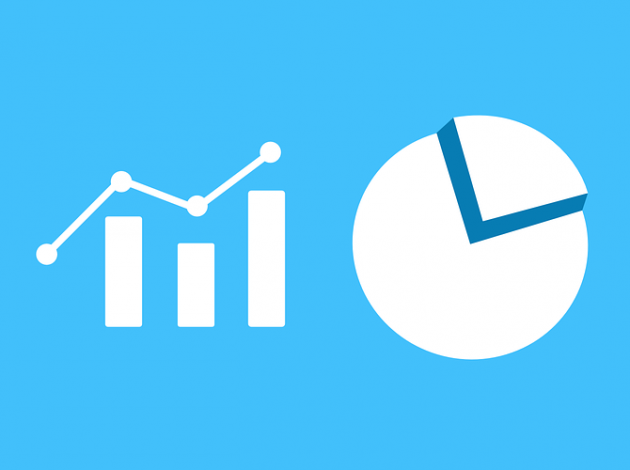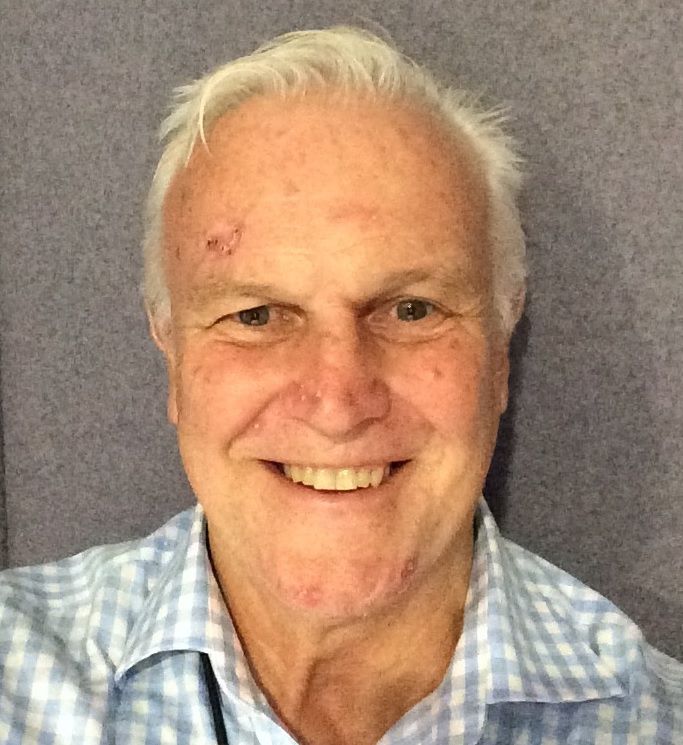Leaving no-one behind: a blueprint for tackling Inequalities

ONS’s Centre for Equalities and Inclusion has published the first Equalities Data Audit. It will help us both to understand the current inequalities in our society and to monitor and report the UK’s progress towards the global Sustainable Development Goals, as Glenn Everett explains.
Over the last decade we’ve seen an increasing demand for robust data to monitor equalities both nationally (for example: the Prime Minister announcing the Race Disparity Audit in 2016) and internationally (with the Sustainable Development Goals officially coming into force with their premise of ‘leaving no-one behind). To respond to these developments the ONS recently launched a Centre for Equalities and Inclusion to help ensure that the right data are available to address the main social and policy questions about fairness and equity in society. As an initial step the Centre is today publishing its first Equalities Data Audit and a report outlining the key findings from undertaking it.
What did the audit involve?
We see the Audit as effectively a work in progress and it will continue to evolve and develop when more information becomes available. The report we are publishing alongside it today highlights areas where more work is needed to develop the evidence base and we plan to work collaboratively with other organisations to fill the gaps that have been highlighted by the Audit.
What is the link to SDGs?
The work of the Centre and the development of the Audit has strong links with monitoring and reporting UK’s progress towards the Sustainable Development Goals (SDGs). The SDGs were created in the spirit of ‘leave no one behind’ – that fundamental principle is directly linked to the Equalities Data Audit. The SDGs aim to report against a range of characteristics that have significant overlaps with the protected characteristics under the Equality Act. The additional requirements under the SDGs (e.g. income, geographic area) are very relevant to the general work in better understanding of equality issues.
For example, the SDG team used the Audit to identify a data source that allowed them to produce a report on Women most at risk of experiencing partner abuse. This report was in support of the Sustainable Development Goal 5 and the aim to end violence against women and girls.
What are the next steps?
Our next steps will be to continue our work to improve the information available for analysing and understanding equality issues, whether it is to provide data related to the protected characteristics under the Equality Act or reporting progress towards the SDGs. We will seek the advice of experts from across Government, academia and the third sector to help us prioritise work.
Our early plans for the Centre include producing measures of economic inequalities, reporting on non-household populations and health inequalities and analysing the ethnicity pay gap. We will aim to keep the Audit as up-to-date as possible and provide better access and navigation tools.
I am proud of this work to date and excited at the opportunity to increase our understanding of inequalities in our society, as well as being able to monitor and report UK’s progress towards the global Sustainable Development Goals.

Glenn Everett is head of sustainability and inequalities at the ONS.